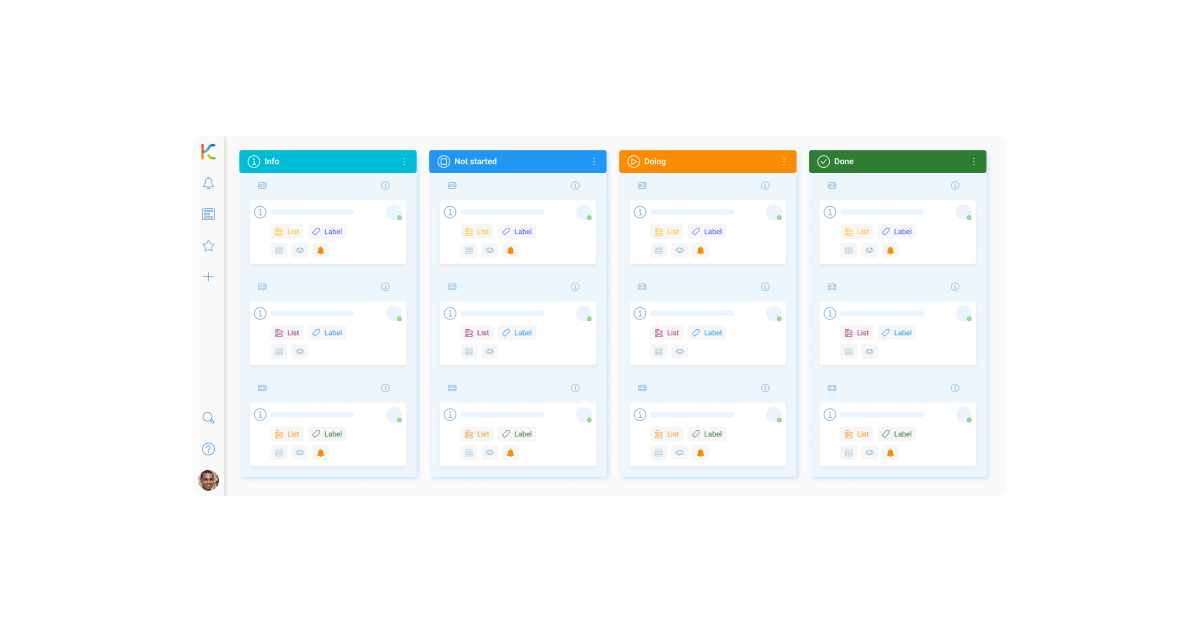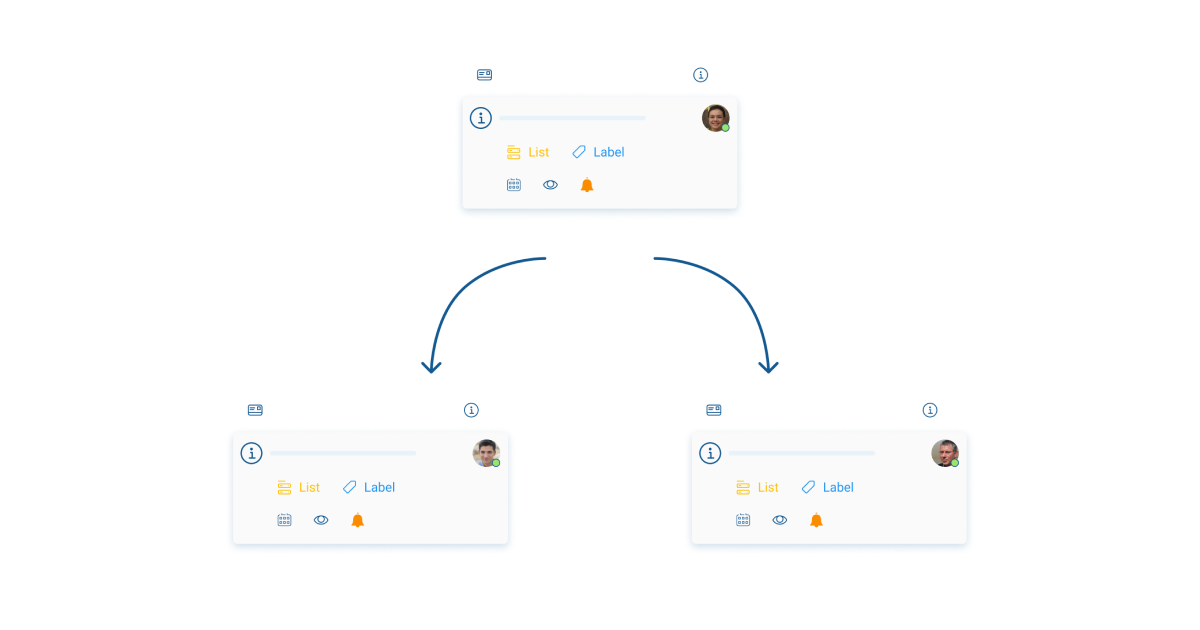Table of Contents
Work coordination platform
Designed for the automotive industry
As a leader in innovation, you understand the importance of staying ahead of the curve in the fast-moving automotive 4.0 world. KanBo provides you with the tools to do just that by facilitating smart factory operations, streamlining project management, fostering collaboration and solving complex problems.
Optimizing Task Management in the Automotive Industry using KanBo
Best Practice
KanBo is a project management and collaboration software that offers various functionalities for addressing the challenges of managing distinctive characteristics of work in the automotive industry. The capabilities of KanBo are best suited to streamline both recurrent tasks and distinct tasks, promoting efficiency and fostering innovation.
Best practices using KanBo were prompted by the needs of the ever-evolving automotive industry that demands both mass production consistency and unique, cutting-edge designs.

Challenge
The automotive industry requires productivity while also fostering innovation. Balancing routine tasks with distinctive, unique projects can prove challenging in this competitive context.
Solution
Card templates
Using card templates can prove extremely beneficial. Card templates are predefined layouts that can help in creating multiple cards for repetitive tasks. This not only saves time but also ensures uniformity in managing similar tasks.

To-do lists
To-do lists offer a great way to keep track of smaller tasks that need to be done recurrently. Checkboxes allow marking off tasks as they are completed, thus providing a visual progress chart.

Kanban view
The Kanban view is useful for managing unique projects, where different stages of the project are represented by columns. Each task is a card that can be moved across columns according to its progress.

Card Relation
Card Relation functionality can be used for breaking down larger distinct tasks into smaller ones. This helps clarify the order of work by making cards dependent on each other, which is handy while creating a new car model or designing a unique feature.

Daily Routine
After identifying whether tasks are recurrent or distinct, use respective KanBo functions to manage these tasks efficiently and effectively. Regularly monitor and adjust the procedure according to dynamic requirements.
Use Case
In designing a new car model, engineers can use KanBan view to monitor the progress of the project and break down the project into smaller tasks using Card Relation. Similarly, in producing car parts, workers can use card templates to make cards of the repetitive tasks and check off finished tasks in to-do lists.
KanBo Tips
Ensure to use the card templates for repetitive tasks as it saves time and maintains uniformity. For unique tasks, remember to update the KanBan view regularly and break down tasks using Card Relation. Regular monitoring is key to efficacious task management.
Get started on creating a more efficient and streamlined product design process today with KanBo for Automotive.

Table of Contents
Work coordination platform
Designed for the automotive industry
As a leader in innovation, you understand the importance of staying ahead of the curve in the fast-moving automotive 4.0 world. KanBo provides you with the tools to do just that by facilitating smart factory operations, streamlining project management, fostering collaboration and solving complex problems.
Optimizing Task Management in the Automotive Industry using KanBo
Best Practice
KanBo is a project management and collaboration software that offers various functionalities for addressing the challenges of managing distinctive characteristics of work in the automotive industry. The capabilities of KanBo are best suited to streamline both recurrent tasks and distinct tasks, promoting efficiency and fostering innovation.
Best practices using KanBo were prompted by the needs of the ever-evolving automotive industry that demands both mass production consistency and unique, cutting-edge designs.

Challenge
The automotive industry requires productivity while also fostering innovation. Balancing routine tasks with distinctive, unique projects can prove challenging in this competitive context.
Solution
Card templates
Using card templates can prove extremely beneficial. Card templates are predefined layouts that can help in creating multiple cards for repetitive tasks. This not only saves time but also ensures uniformity in managing similar tasks.

To-do lists
To-do lists offer a great way to keep track of smaller tasks that need to be done recurrently. Checkboxes allow marking off tasks as they are completed, thus providing a visual progress chart.

Kanban view
The Kanban view is useful for managing unique projects, where different stages of the project are represented by columns. Each task is a card that can be moved across columns according to its progress.

Card Relation
Card Relation functionality can be used for breaking down larger distinct tasks into smaller ones. This helps clarify the order of work by making cards dependent on each other, which is handy while creating a new car model or designing a unique feature.


Daily Routine
After identifying whether tasks are recurrent or distinct, use respective KanBo functions to manage these tasks efficiently and effectively. Regularly monitor and adjust the procedure according to dynamic requirements.
Use Case
In designing a new car model, engineers can use KanBan view to monitor the progress of the project and break down the project into smaller tasks using Card Relation. Similarly, in producing car parts, workers can use card templates to make cards of the repetitive tasks and check off finished tasks in to-do lists.
KanBo Tips
Ensure to use the card templates for repetitive tasks as it saves time and maintains uniformity. For unique tasks, remember to update the KanBan view regularly and break down tasks using Card Relation. Regular monitoring is key to efficacious task management.
Get started on creating a more efficient and streamlined product design process today with KanBo for Automotive.

